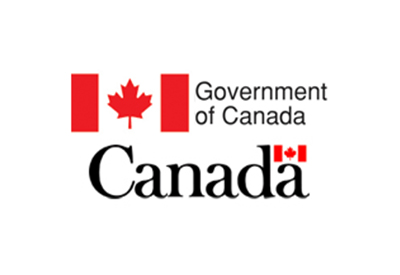Canada Invests in a New Global Initiative for Transitioning Remote Communities to Renewable Energy

November 12, 2021
Access to reliable, clean and affordable energy is a global challenge. Many communities throughout the world reside in isolated areas too distant or too difficult to connect to traditional energy grids. A large number of these remote communities rely on diesel fuel for heat and power, polluting the air in those communities and releasing greenhouse gases into the atmosphere. That is why the Government of Canada is investing in projects to help remote communities transition away from diesel and toward clean forms of energy.
Jonathan Wilkinson, Minister of Natural Resources, announced that Canada will invest $500,000 in a new partnership with the International Renewable Energy Agency (IRENA) to support the transition of remote communities to renewable energy.
As founding members, Canada and Indigenous climate leaders will be able to demonstrate their experience and expertise in transitioning diesel-reliant remote communities toward clean energy with a focus on increasing local ownership of clean energy projects and on building local capacity and economic opportunities, including jobs for youth and women.
The Commission for Environmental Cooperation (CEC), a tri-national organization that is part of the Canada-U.S.-Mexico Agreement, will lead the initial North American component of this initiative. Through the CEC, Environment and Climate Change Canada will work with its counterparts in the U.S. and Mexico to develop best practices for transitioning remote communities to renewable energy and provide models and strategies for countries around the world facing similar challenges.
Mircogrids powered by renewable energy are essential components of a sustainable energy system in remote communities. In Canada, Indigenous remote communities can unlock the potential of renewables — such as wind, solar, hydro and biomass — as part of their pathway to energy independence.
Through the Clean Energy for Rural and Remote Communities program, Natural Resources Canada is supporting the Indigenous Clean Energy Social Enterprise’s Three Island Energy Initiative. This project aims to accelerate the global deployment of clean energy microgrids through local leadership, information and knowledge sharing by Indigenous, island, coastal and unconnected communities through partnerships with clean energy enterprises and financial institutions.











![Guide to the Canadian Electrical Code, Part 1[i], 26th Edition– A Road Map: Section 56](https://electricalindustry.ca/wp-content/uploads/2022/11/Guide-CE-Code-2.png)



